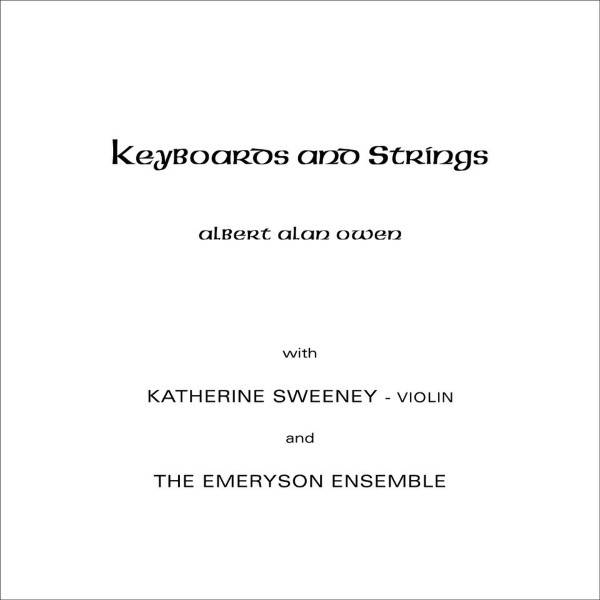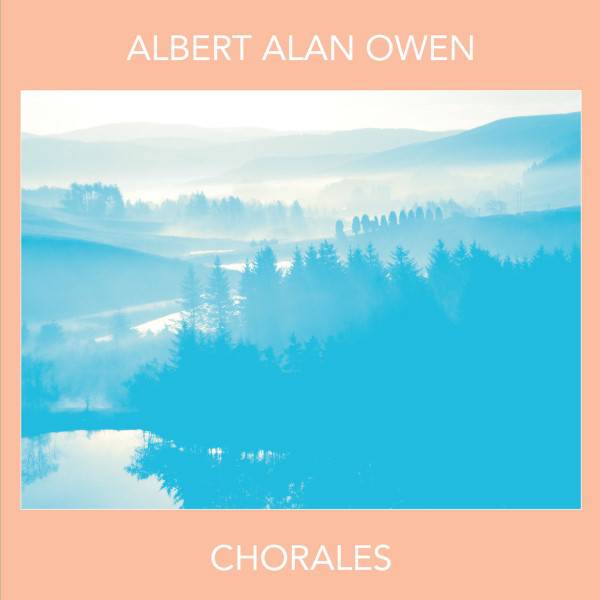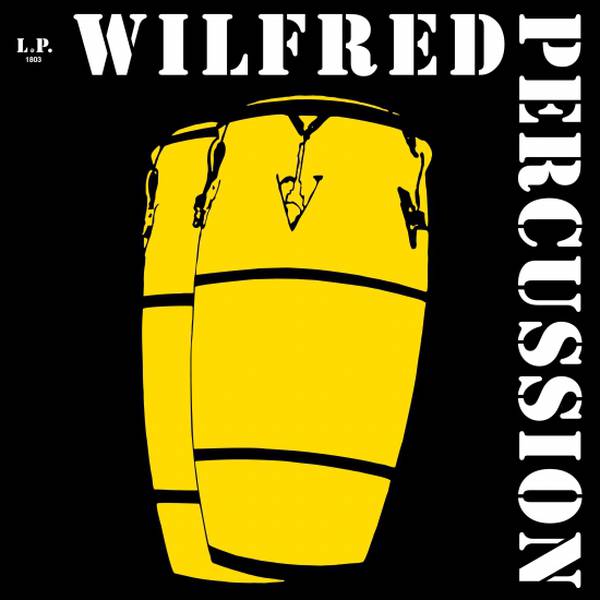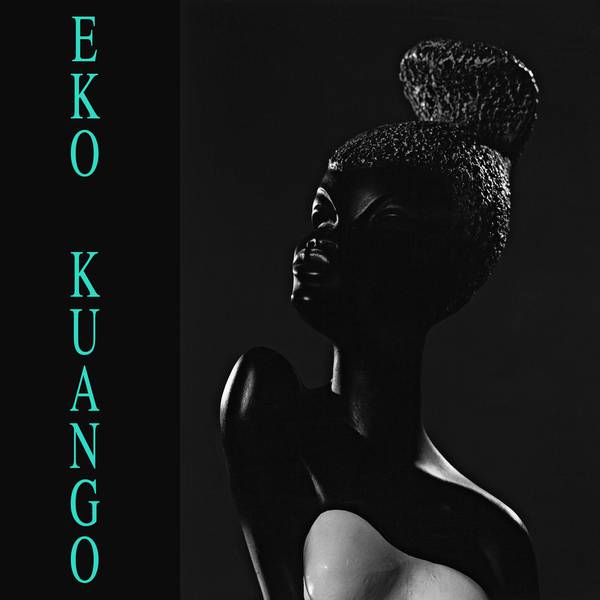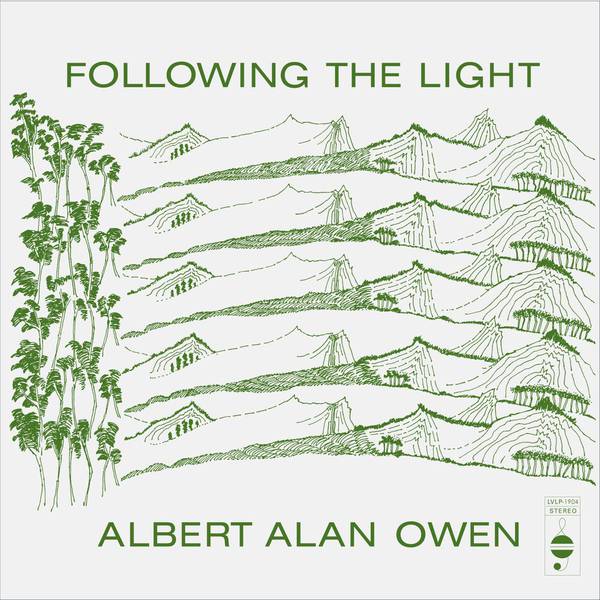
Tax included, Shipping not included
Albert Alan Owen was born in Wales in 1948 to Welsh and Latvian parents. His family subsequently emigrated to Zimbabwe, where his father worked as a teacher. Here, he grew up profoundly influenced by the local music and culture, as well as American RnB and jazz. It was also during this time that Owen became aware of the violent inequalities of British colonial rule, forging a lifelong commitment to socialism and a hatred of racism.
In 1967, he returned to Europe to study: first at the Royal Academy of Music in London, before spending time in Paris with the renowned composition teacher Nadia Boulanger and Jacques Fevrier, a favourite pianist of Ravel and Poulenc. Composition became Owen’s main focus, while the purchase of a Fender Rhodes electric piano signalled a complete break with his Western classical training. This opened up new possibilities, suggesting a radical way to combine his love of African and African-American music with the impressionism of Ravel and Debussy and the brave new sound-world of Electroacoustic composition. These experiences set Owen on the path he would follow as a composer and as a teacher at the Royal Academy of Music and London's Working Men's College, before he eventually returned to Wales where he still lives.
Owen recorded Following the Light in 1982 for the Apollo Sound Label. Ostensibly a Library Music label, it took advantage of what it perceived as a gap in the modern classical music market, which was dominated by major labels releasing ‘difficult’ avant-garde new music. By contrast, Apollo Sound commissioned melodic pieces from new composers, aiming presumably to provide atmospheric backgrounds for film, television and advertising, and to feed the burgeoning demand for ‘New Age’ music. Following the Light, while certainly melodic, makes no concessions to mid-afternoon mindfulness or commercial use and reuse. Instead, it is a deep and immersive listening experience, clearly the work of a singular musical imagination following its own rules in its own way.
The record demands to be considered as a stand-alone unit, its three sections unfolding elegant and propulsive by turns, as reoccurring themes answer each other through the layers. In doing so, it offers glimpses into a recognisably beautiful but completely other musical world. There are echoes of Reich and Riley in the use of delay, that warm rolling repetition and those bass pulses. But this is not in the service of a system. There is something more lyrical, more humane at work in the music. Perhaps it is closer to a representation of an imagined landscape: the Southern African dreamtime of Owen’s childhood walking in the bush, or a mystical but clear-eyed take on the British countryside recalling the paintings of Paul Nash or Virginia Astley’s From Gardens Where We Feel Secure.
With Following the Light, Albert Alan Owen has given us that rare thing: a record that stands outside of time and place, it’s familiar elements made strange and new, all bathed in magic hour light.
Lovely crafted tip-on sleeve. Remastered. 600 copies.
